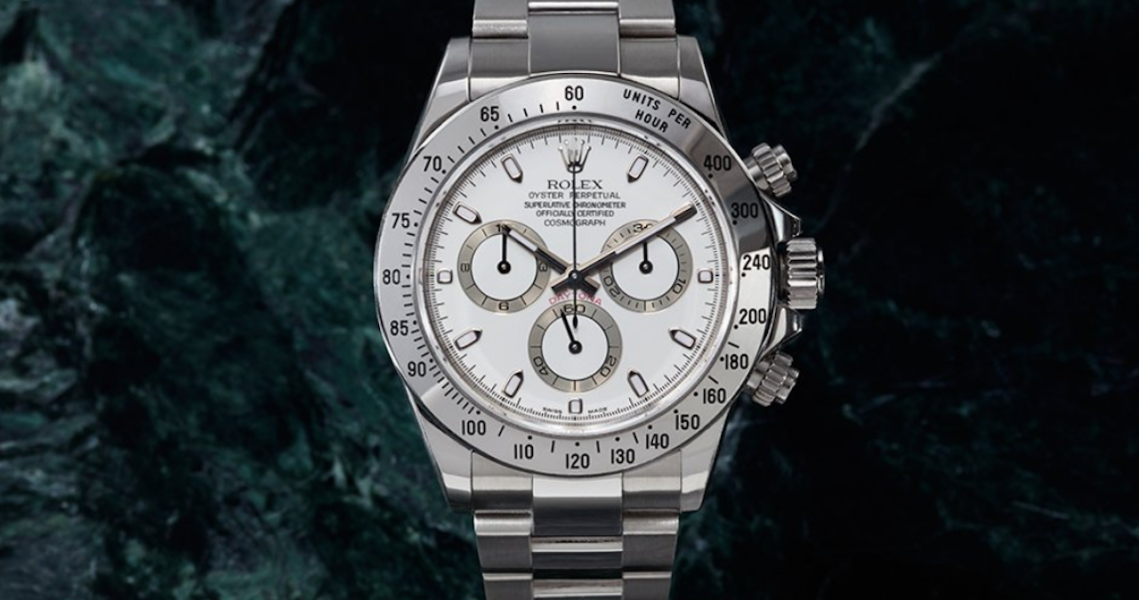TrueFacet, the luxury watch and jewelry resale platform, is mixing up its email marketing strategy by eschewing all generic email campaigns in favor of AI-assisted personalized emails exclusively. In a crowded watch resale market, the company is hoping that overhauling how it communicates with customers will give it an edge over competitors.
Nick Osborn, head of growth at TrueFacet, said personalizing advertising is essential when selling tens of thousands of different products. With that level of variety, it becomes difficult to create email campaigns that can work for large swathes of customers. TrueFacet will now be using factors like demographic and prior interest in conjunction with AI to determine what customers may be interested in, and will deliver emails highlighting those items.
“When building new audiences, as a reseller, there’s a lot of other players in the game so customer support is a big asset for us in converting new users,” said Osborn. “Once we have someone in the door, the repeat rate is, like, 25 percent in the first few months. That’s where a lot of revenue really comes in.”
For most brands and retailers, personalization and marketing becomes more complicated as more products are added to inventory. With 80,000 different products, TrueFacet, like many resellers with massive catalogs of unique products, had a difficult time creating personalized campaigns on a timely basis.
Email’s viability
As time has gone on, email has lost some of its luster compared to more exciting things like mobile and social media advertising. But Fayez Mohamood, CEO of Bluecore, the company that TrueFacet hired to overhaul its email marketing strategy, said email is going to continue to be important thanks to a few factors. For one, it can help resellers create truly personalized messages for customers, despite massive inventories.
“Once you have more than 50 products, it becomes untenable to do really personalized stuff on an individual level by hand,” said Mohamood. “There are a lot of retail and resale-specific problems: The prices change, the whole catalog can change.”
Additionally, an effective email strategy can help boost loyalty, said Mohamood.
Ad position: web_incontent_pos1
“Email is a great tool for driving retention, which reduces the pressure on customer acquisition,” he said. “It’s important to be strategic with email to create a loyal customer. Even 10 percent more retention is a huge boost and is a lot less pressure on customer acquisition.”
Resale’s unique position
Marketing for resellers is uniquely important. Resellers have minimal control over the product itself. While they can dictate what kind of inventory they carry, resellers by definition do not create the product, which means that is an entire avenue of attracting customers that is out of their hands.
It also means that various resale platforms cannot stand out from competitors through product. Many of the same watches found on TrueFacet can also be found on Crown and Caliber or at The RealReal. Instead, resellers must focus on the customer experience and marketing strategies as their differentiating factors.
“On the back end, we are very different from a retailer,” said Osborn. “We don’t necessarily hold our inventory in-house, so there’s more [back-and-forth] with the customer. In a world of ‘I want it now,’ that communication is important.”
This marketing push is essential as resellers look to stay competitive with brands.
Ad position: web_incontent_pos2
“Watch resale is still going strong, although we’re seeing brands begin to attempt to take ownership of the second-hand supply chain through certified pre-owned and buyback programs,” said Brian Lee, senior principal of research at Gartner. “Richemont and Audemars Piguet have both made first steps into this, with Richemont buying Watchfinder and Audemars Piguet discussing their plans last year. We’ve also seen a number of brands partner with Truefacet, which has gone from gray market to a brand-certified pre-owned site within the past year.”
According to Gartner L2’s 2019 Digital IQ Index for Watches and Jewelry, the industries’ brands and resellers are neck-and-neck in terms of advertising spend. The report found that 12 percent of searches for various watch brands’ names returned results owned by brands, while 13 percent returned results owned by resellers.
The watch resale industry is a competitive one. There are a number of major platforms out there aside from TrueFacet like Worthy, Chrono24, Hodinkee or The RealReal. Lee attributes the boom to watches’ long-lasting resale appeal.
“Resale is more normal for watches than traditional fashion simply because luxury watches retain value at a much better rate than luxury apparel, for the most part,” Lee said. “Luxury apparel generally doesn’t hold its value at the same rate as hard luxury products, which have inherent value in their materials and durability. Even after 10 or 20 years, a watch will retain its value.”




